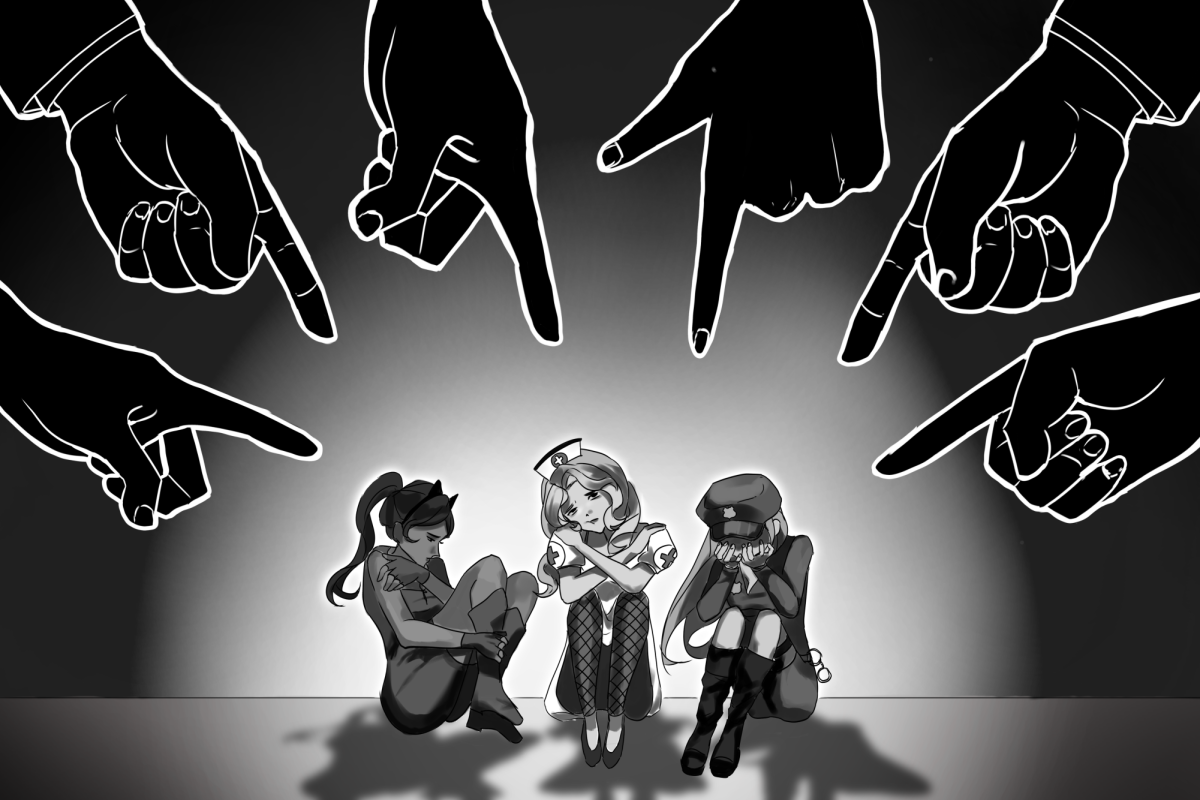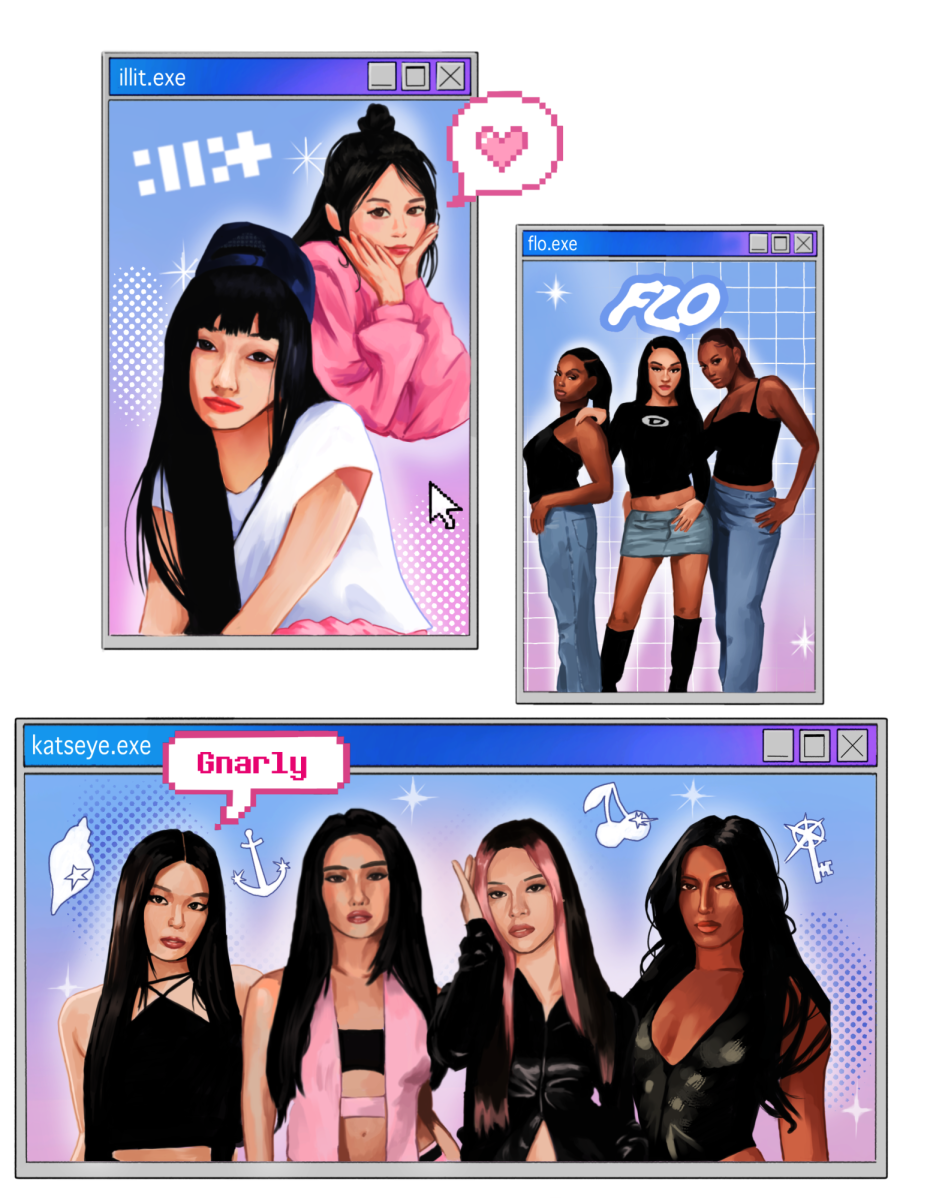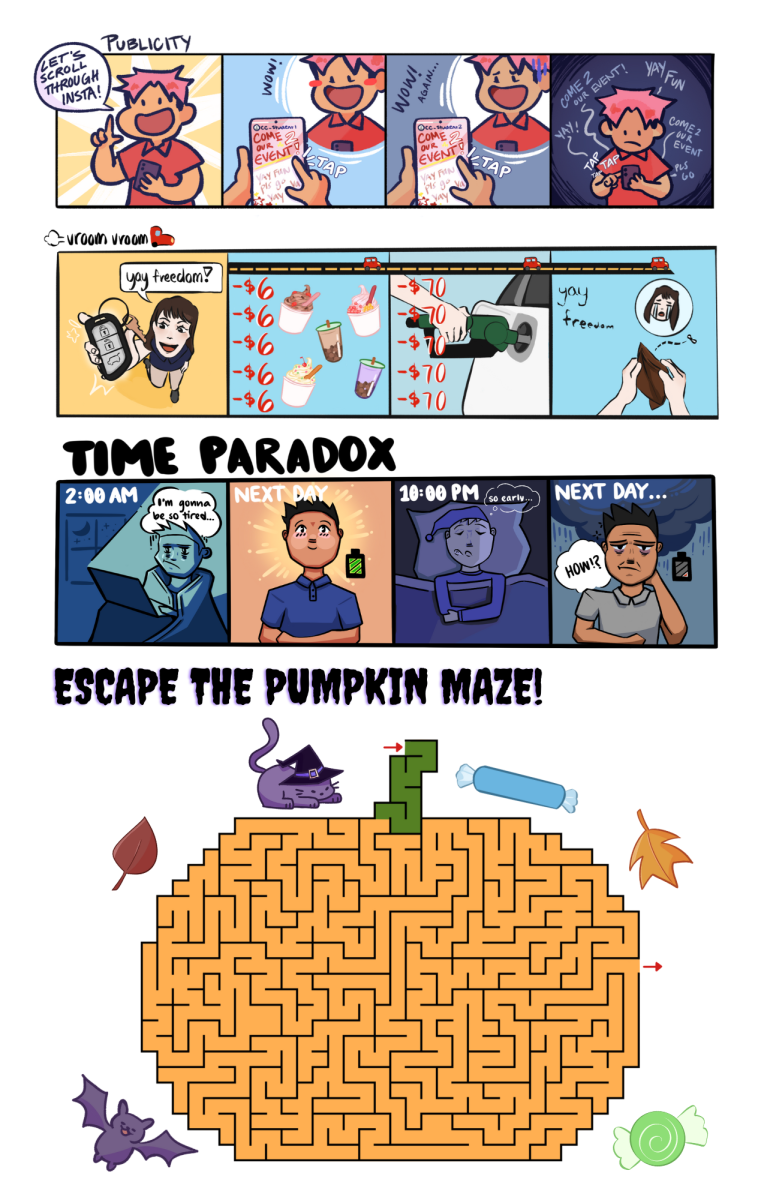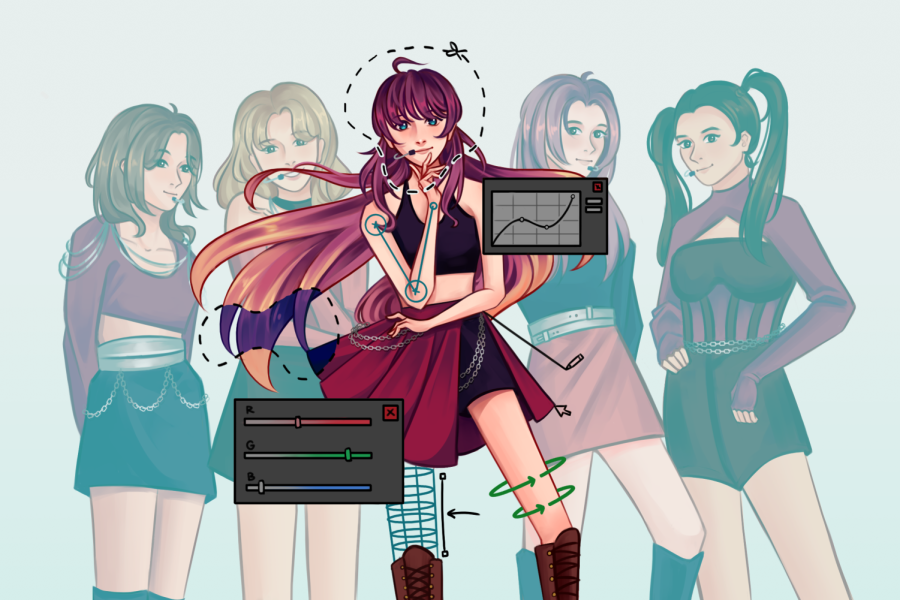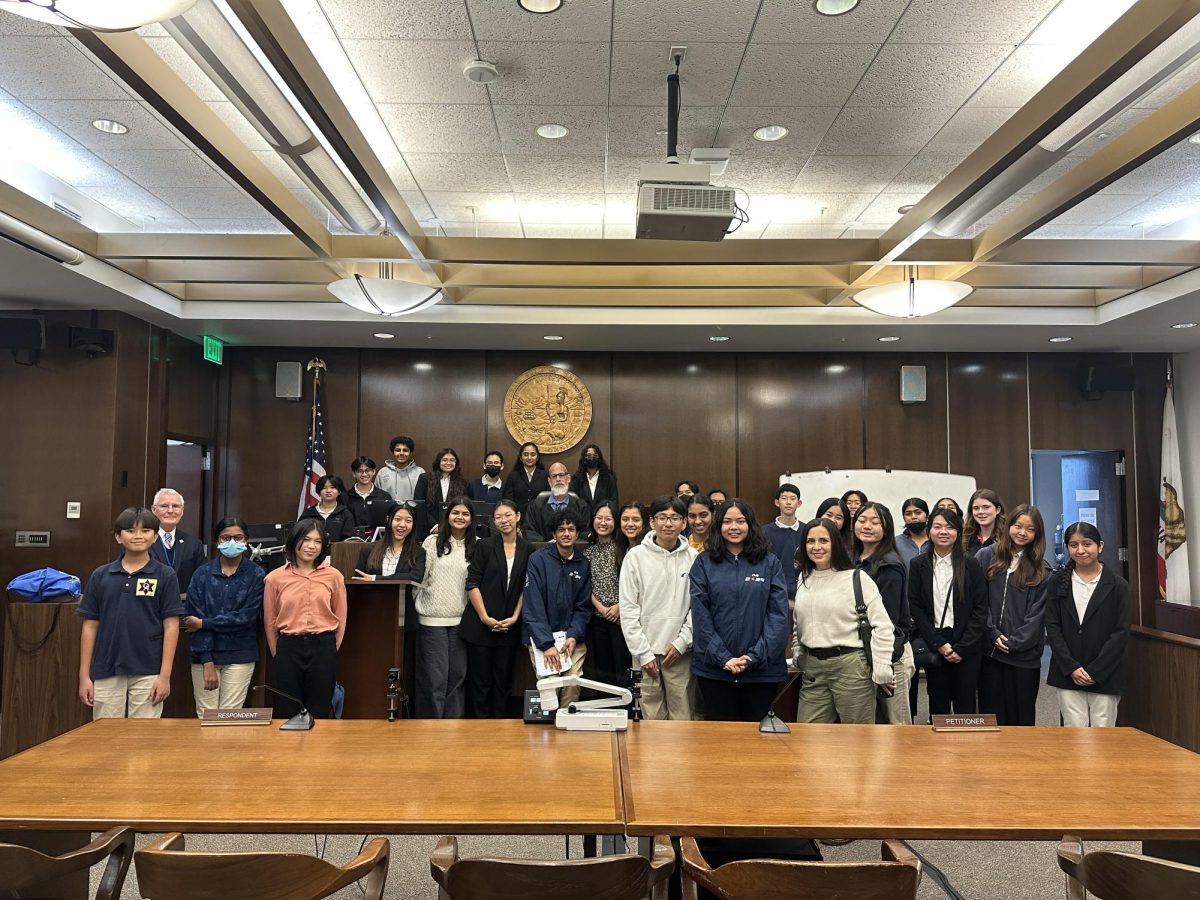In the past decade, K-pop’s energetic dances and electric melodies have drawn in millions of fans around the world — but the industry isn’t stopping there. K-pop companies are now branching out to audiences beyond the physical world and into the metaverse.
AI-generated idols who bop to catchy tunes on a virtual stage, the K-pop metaverse is a fast-growing trend. Popular groups like BLACKPINK have held metaverse concerts in addition to in-person performances, and other groups like ETERN!TY have debuted solely on the virtual stage with AI music videos. While real singers voice the characters in fully metaverse bands, idols’ movements are engineered by a team of animators and developers using an AI database of hyper-realistic movements to resemble the choreography of real K-pop groups.
Though the technology behind these metaverse groups is ground-breaking, it can not replicate the raw passion that audiences love. While the choreography is precise, the AI idols have no emotion behind their empty smiles. Creators try to distract audiences from this with the groups’ unique concepts: the members ETERN!TY are aliens looking for a way to save their home planet by learning about human emotions. However, the feigned cheerfulness and plastic expressions cannot supplement the engaging viewing experience and charisma that real K-pop holds standard.
Still, these metaverse idols remain highly attractive to K-pop companies. With no physical restrictions such as eating or sleeping, these AI idols can “work” for as long as the company wants them. Metaverse stars don’t deal with the emotional distress real idols grapple with — including facing hate comments, scandals, and mental exhaustion from having life restricted and surveilled.
Unlike real humans, these robots are perfect: they retain eternal youth, and their personalities can be modified to keep them relevant and distinguishable from other artists. Instead of demanding that real humans conform to unrealistic standards, starve themselves, and alter their personalities, companies create their own perfect idols, rather than forcing someone else to fit into a mold.
However, even if companies can digitally produce a realistic human, there’s something lost when viewing these shells of people — relatability. People don’t just watch performances because they are enchanted by the visuals or attractive faces. They enjoy seeing idols’ personalities in dances, chemistry with one other, and the little quirks that make them unique. While metaverse stars have glowing skin, skinny figures, and conventionally attractive features, aesthetic perfection can not supplement human passion. There’s no meaningful connection between real people and a concocted caricature.
Though the digital age has prompted millions of people to immerse themselves in the virtual world, metaverse performances aren’t worth the effort and money. K-pop isn’t something that should be stuck behind the screen.










